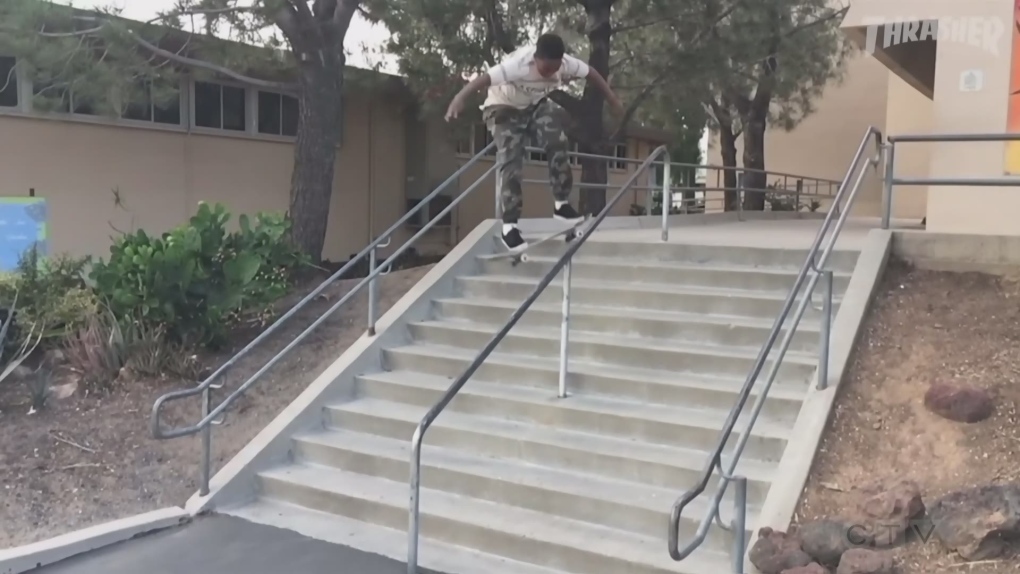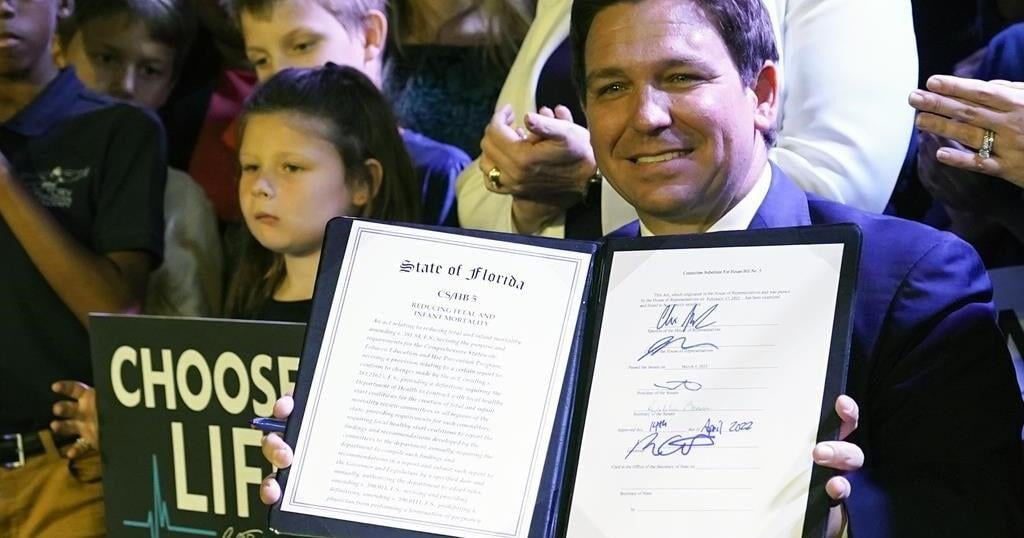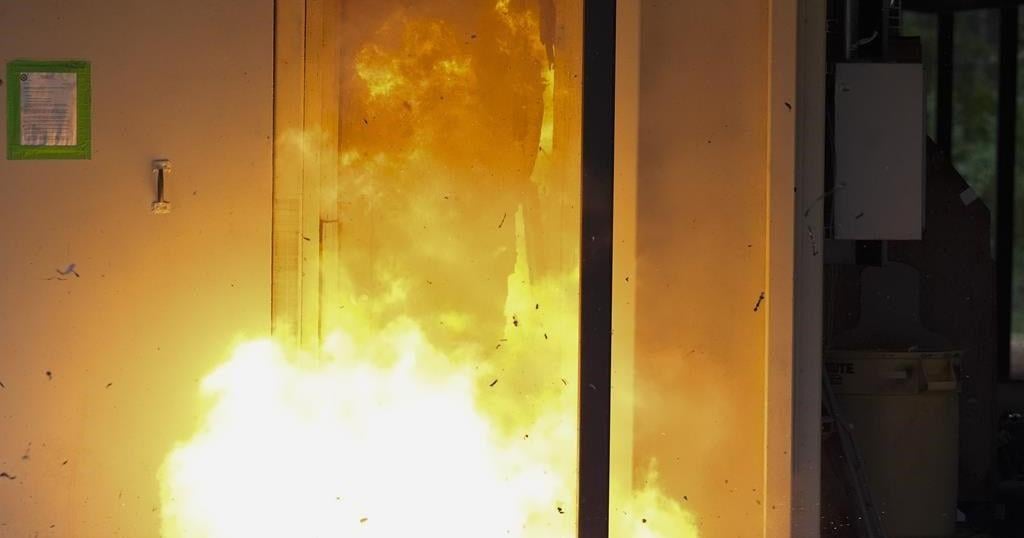WASHINGTON (AP) — The blast shook the ground and its red flash of fire covered the doorway as U.S. special operations forces blew open a door during a recent training exercise.
Moments later, in their next attempt, the boom was noticeably suppressed and the blaze a bit smaller, testament to just one of the new technologies that U.S. Special Operations Command is using to limit the brain injuries that have become a growing problem for the military.
From new required testing and blast monitors to reshaping an explosive charge that reduces its blowback on troops, the command is developing new ways to better protect warfighters from such blast overpressure and to evaluate their health risks, particularly during training.
“We have guys lining up to volunteer for these studies,” said retired Sgt. Maj. F. Bowling, a former special operations medic who now works as a contractor at the command. “This is extremely important to the community. They’re very concerned about it.”
The Defense Department does not have good data on the number of troops with blast overpressure problems, which are much harder to detect than a traumatic brain injury.
Traumatic brain injuries are better known and have been a persistent problem among combat forces, including those subjected to missile strikes and explosions that hit nearby.
According to the department’s Traumatic Brain Injury Center of Excellence, more than 20,000 service members were diagnosed with traumatic brain injuries last year. More than 500,000 have been diagnosed since 2000.
Josh Wick, a Pentagon spokesperson, said emerging information from evaluations of both acute blasts and repetitive low-level exposures shows links to adverse effects, such as the inability to sleep, degraded cognitive performance, headaches and dizziness.
“Our top priority remains our forces’ long-term cognitive well-being and operational effectiveness as warfighters,” said Gen. Bryan Fenton, head of U.S. Special Operations Command. “We are committed to understanding and identifying the impacts of blast overpressure on our personnel’s brain health.”
Fenton said research with academics and medical and industry experts is helping find ways to mitigate and treat overpressure. He said cutting-edge technologies are key to reducing the effects of repeated exposures, such as those many of his troops experience.
Out in a remote training area for Army special forces at Fort Liberty in North Carolina, commandos used what they call a Muchete breaching charge, specifically formed into a shape that more precisely directs the blasts and limits the harmful waves coming from an explosion. A small number of journalists were allowed to watch the training.
“The reduction on the blast overpressure coming back on the operator on average is generally between 40 and 60%,” said Chris Wilson, who leads the team at the command that oversees clinical research and other performance-related initiatives. “It really also depends on where somebody is standing. But it’s certainly a pretty dramatic reduction in the exposure. So I think that’s a win.”
Wilson said development and testing of the refined charge is ongoing but that units are using this one now in training until one gets final approval and can be more widely distributed.
Because of the extensive amount of training for special operations forces — both to hone their skills and to prepare for specific operations — troops may practice breaching a door dozens or hundreds of times. As a result, training is where they are most likely to have such repeated exposures. The command wants a better sense of how each person is affected.
During the demonstration, a number of the Army special forces soldiers were wearing small monitors or sensors to help leaders better understand the level of blast pressure that troops are absorbing. The sensors allow officials to compare readings based on where troops were standing and how close they were to the blast.
The command is evaluating a number of blast sensors on the market, and some higher risk troops are already using them. Testing and other studies are continuing with the goal of getting them out across the force in the next couple of years.
According to Wilson and Col. Amanda Robbins, the command’s psychologist, there are distinct differences between acute traumatic brain injuries and what is called long-term blast exposure or blast overpressure.
Traumatic brain injuries, they said, are acute injuries that are relatively well documented and diagnosed. They said repetitive blast exposure needs more attention because there are lots of questions about the impact on the human brain. The damage is far more complex to diagnose and requires more study to establish links between the repetitive blasts and any damage or symptoms.
To aid the research, Special Operations Command is looking at doing more routine testing throughout service members’ careers. One test is a neurocognitive assessment that the command does every three years. Officials also want warfighters to be assessed if they have had a concussion or similar event.
The Defense Department more broadly will require cognitive assessments for all new recruits as part of an effort to protect troops from brain injuries resulting from blast exposures. New guidance released in August requires greater use of protective equipment, minimum “stand-off distances” during certain types of training, and a reduction in the number of people in proximity to blasts.
The other test being done by Special Operations Command is a more subjective comprehensive assessment that catalogs each person’s history of injuries or falls, even as a child. It’s done early to get a baseline.
Robbins said what they have seen is that new, younger operators and those with 20 or more years of experience are more amenable to doing the testing.
“The challenge is going to be in the midcareer operators who may be more concerned about self-reporting potentially having a perceived negative impact,” she said.
She added that the assessment is a way to take into account incidents that may not be in their medical records, so that problems can be identified early on and people can get treatment.






























